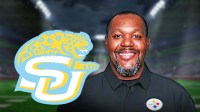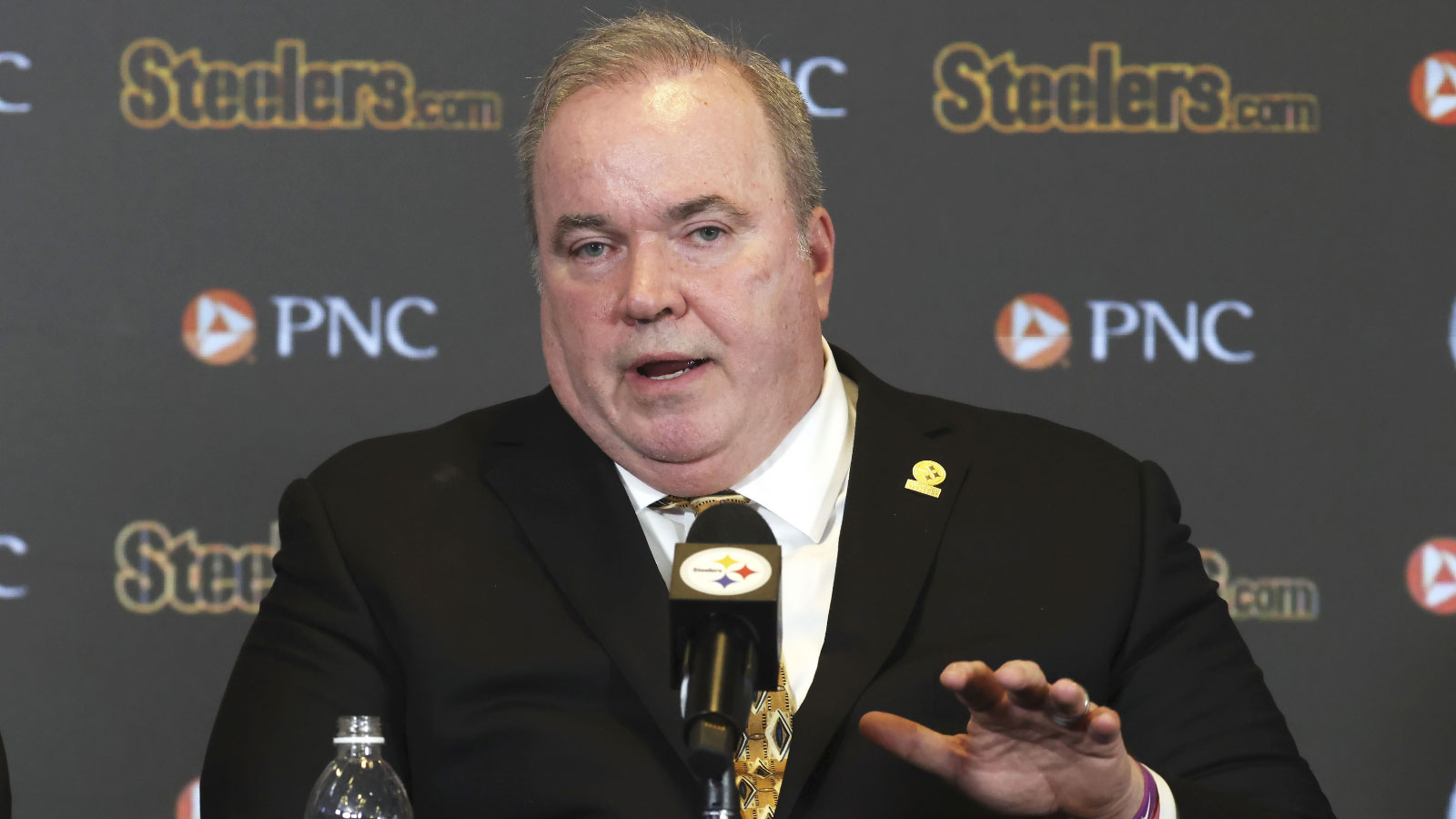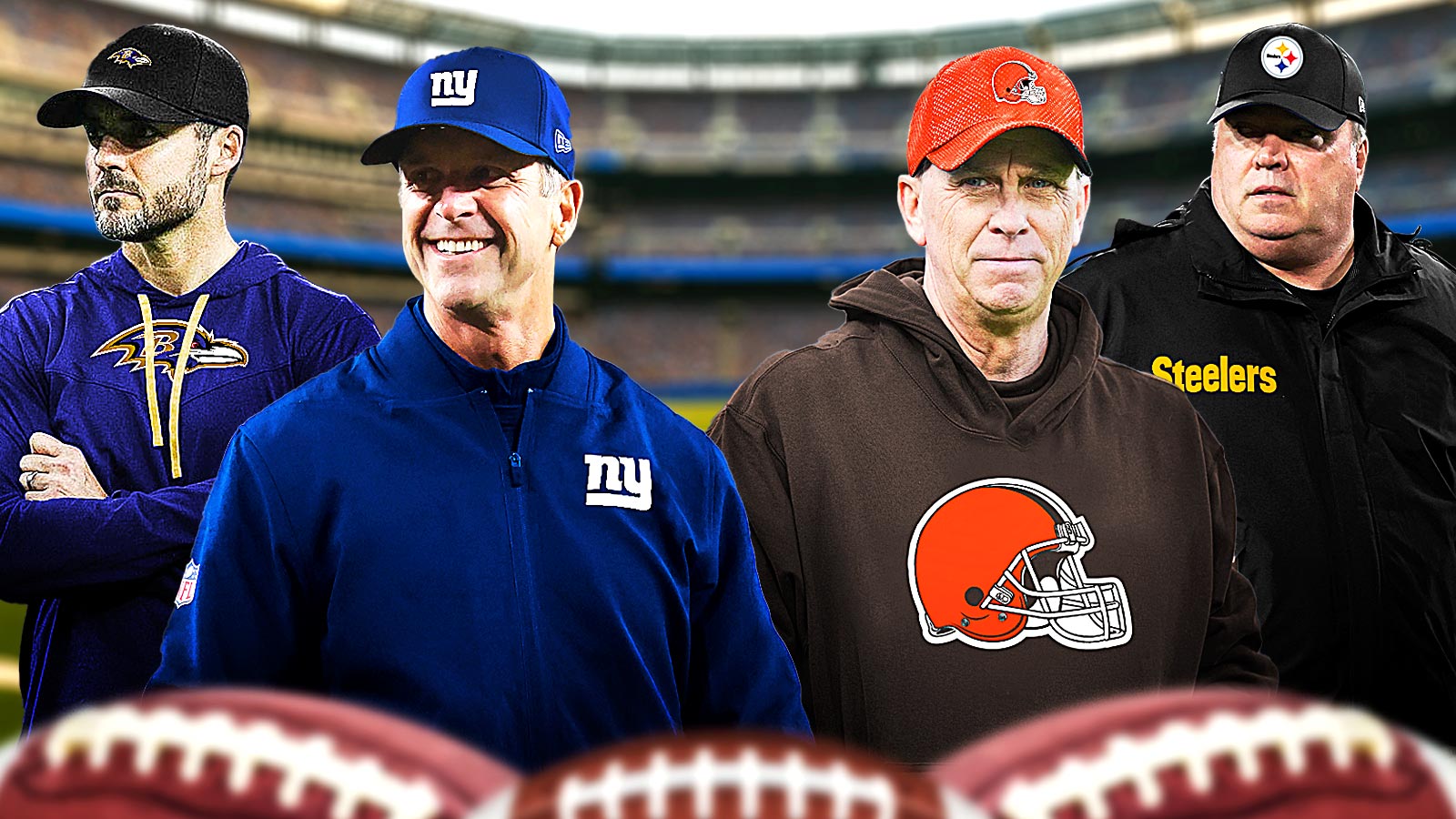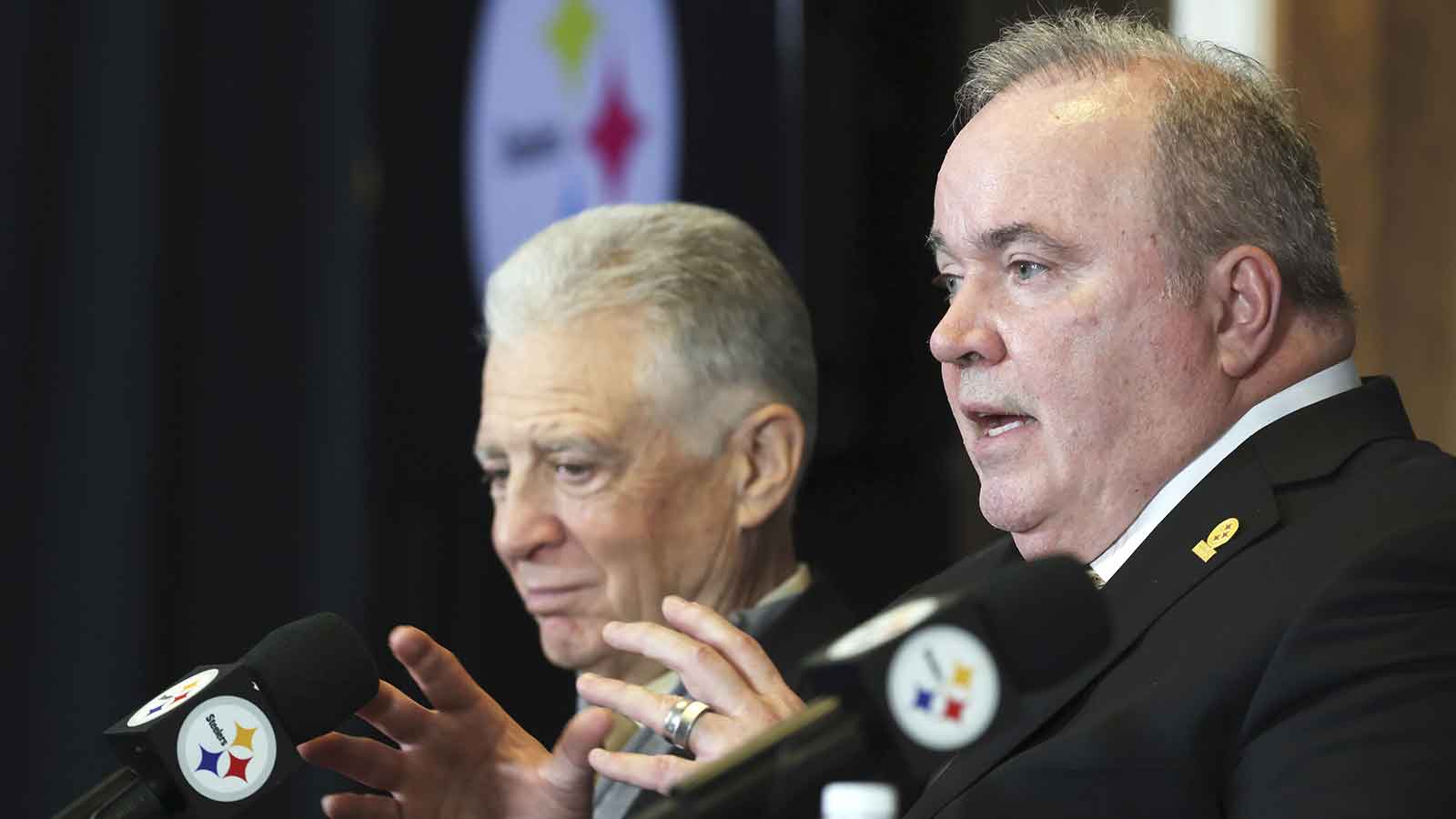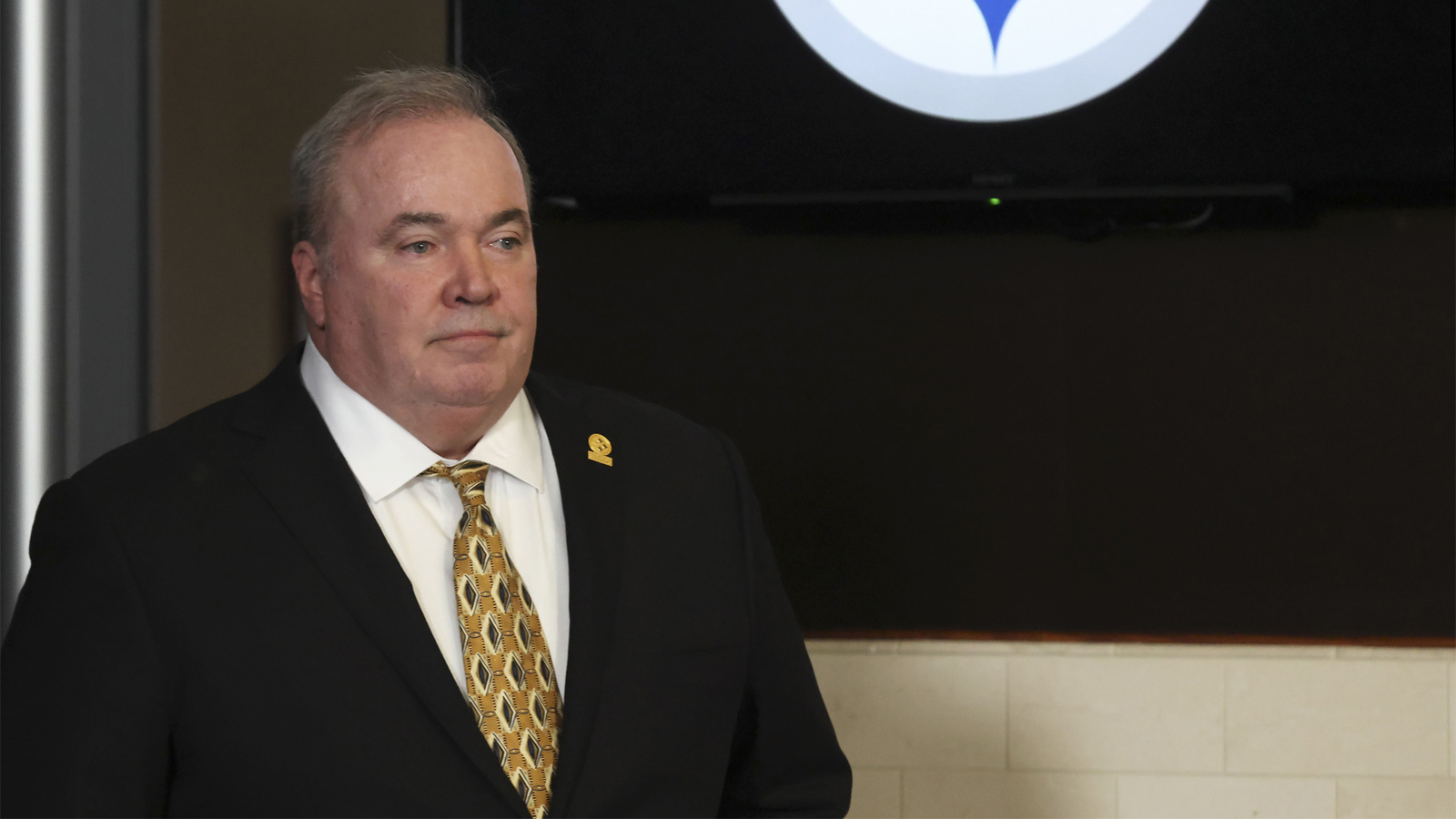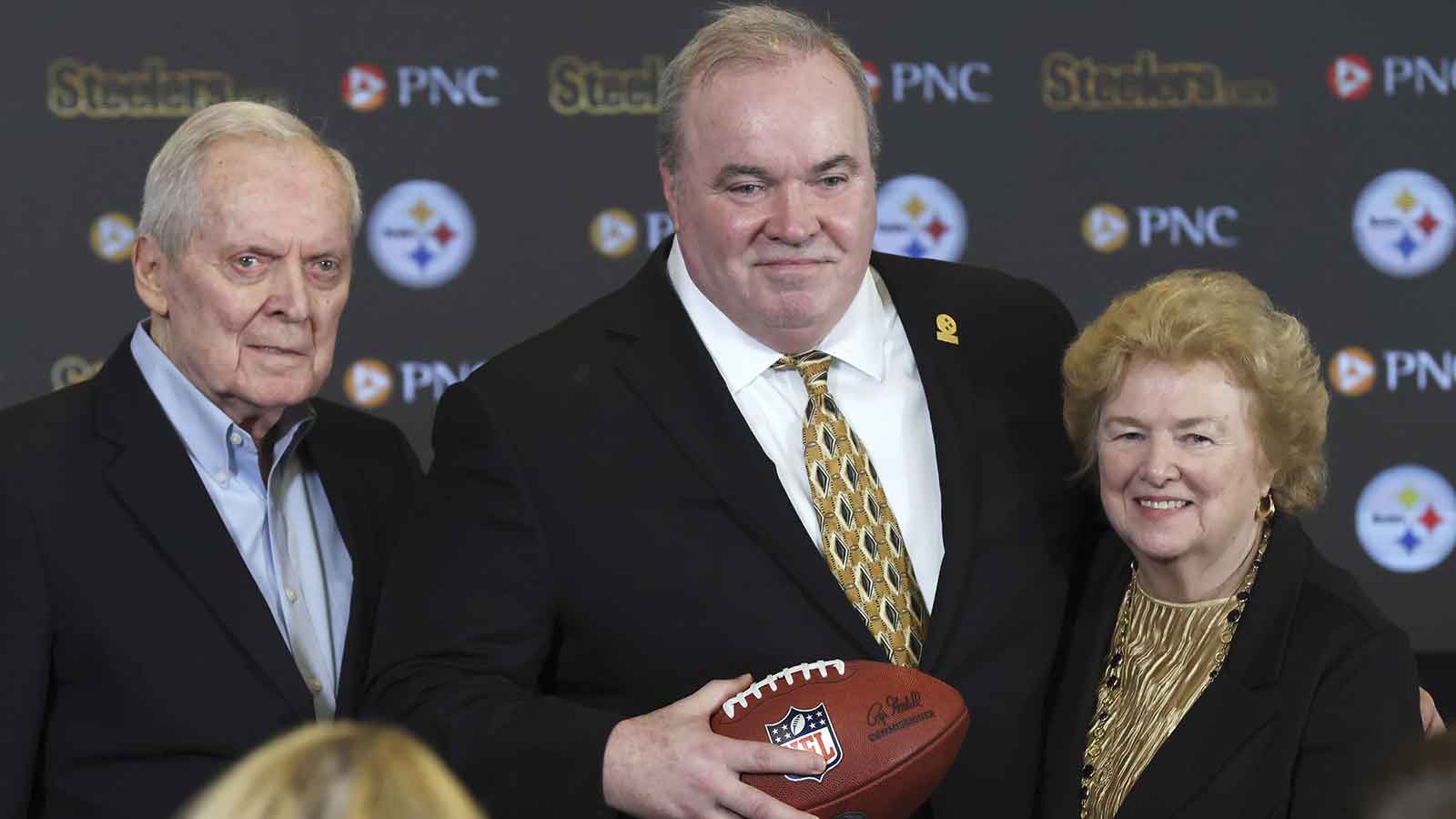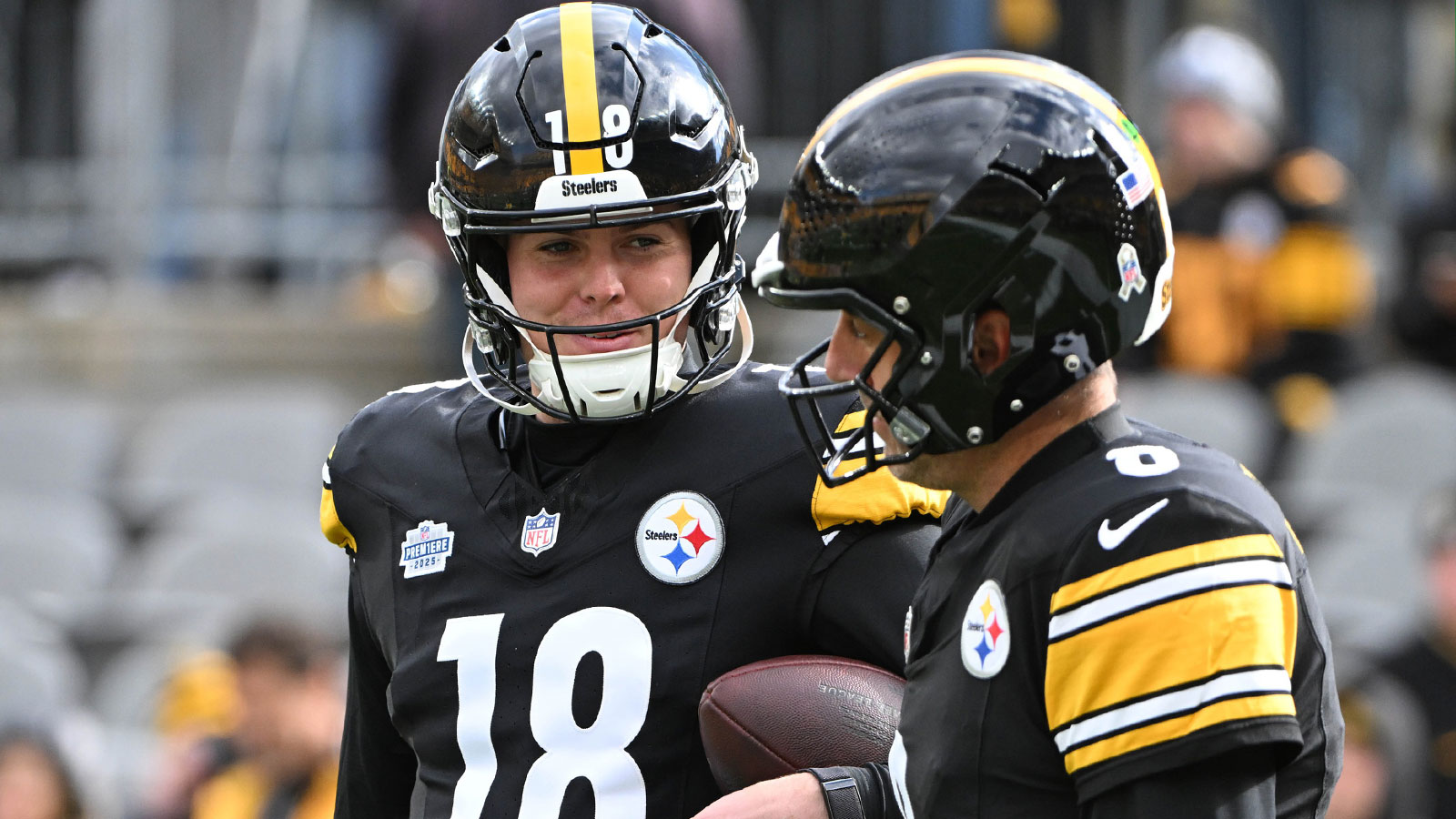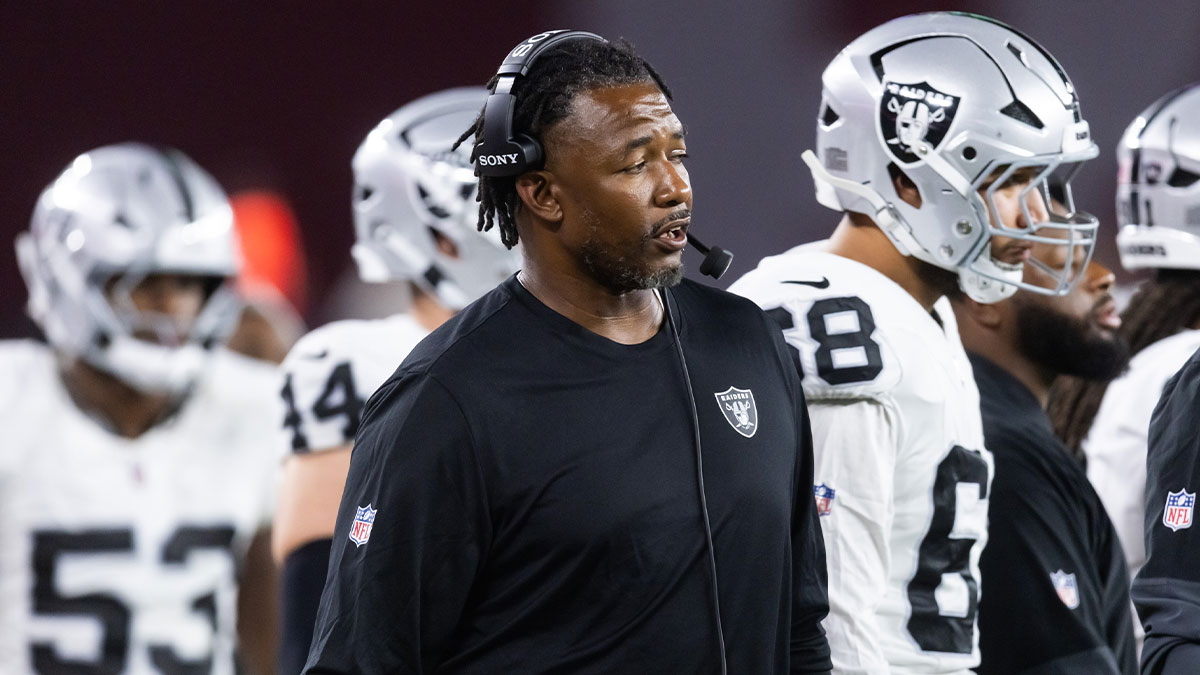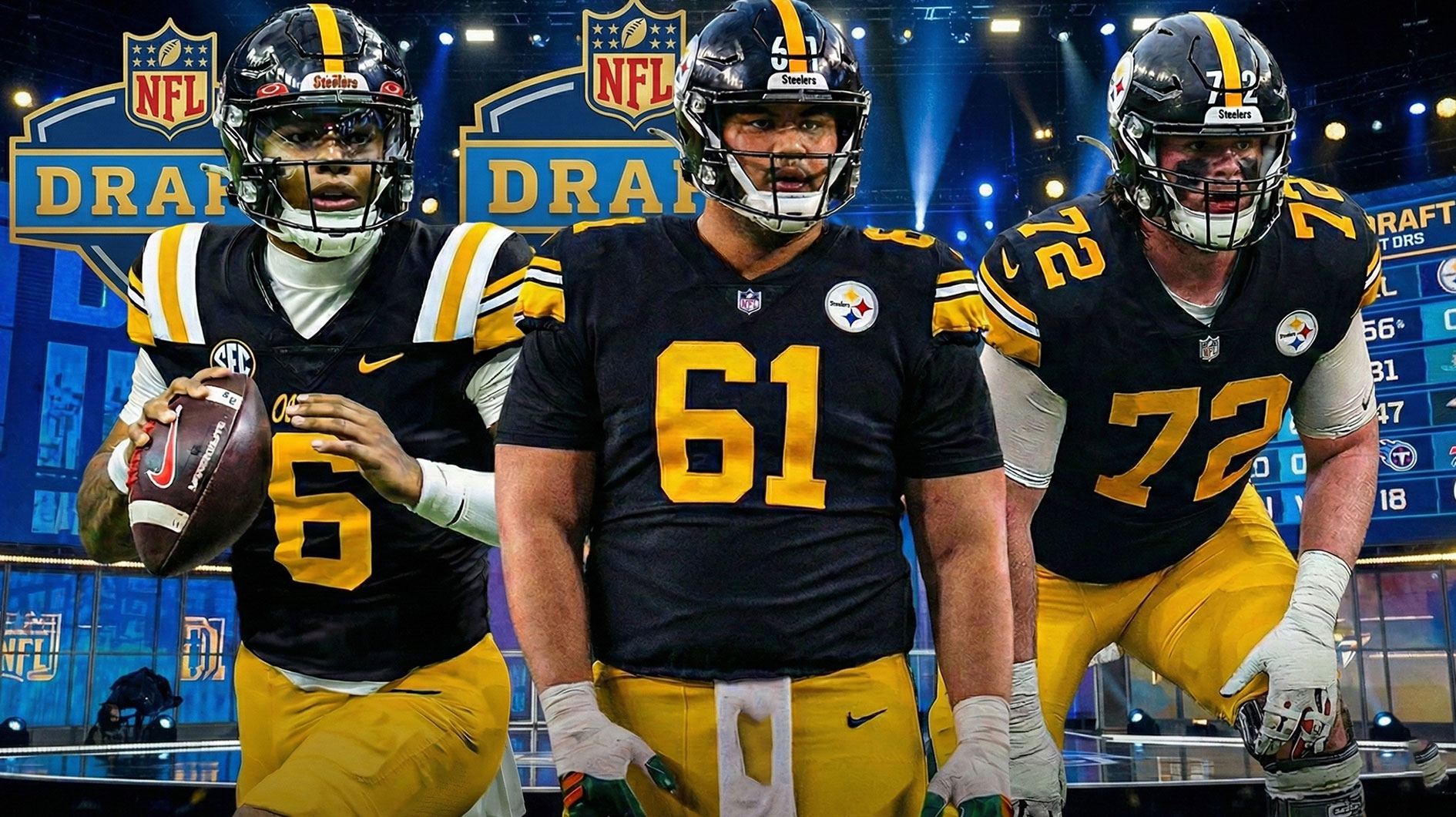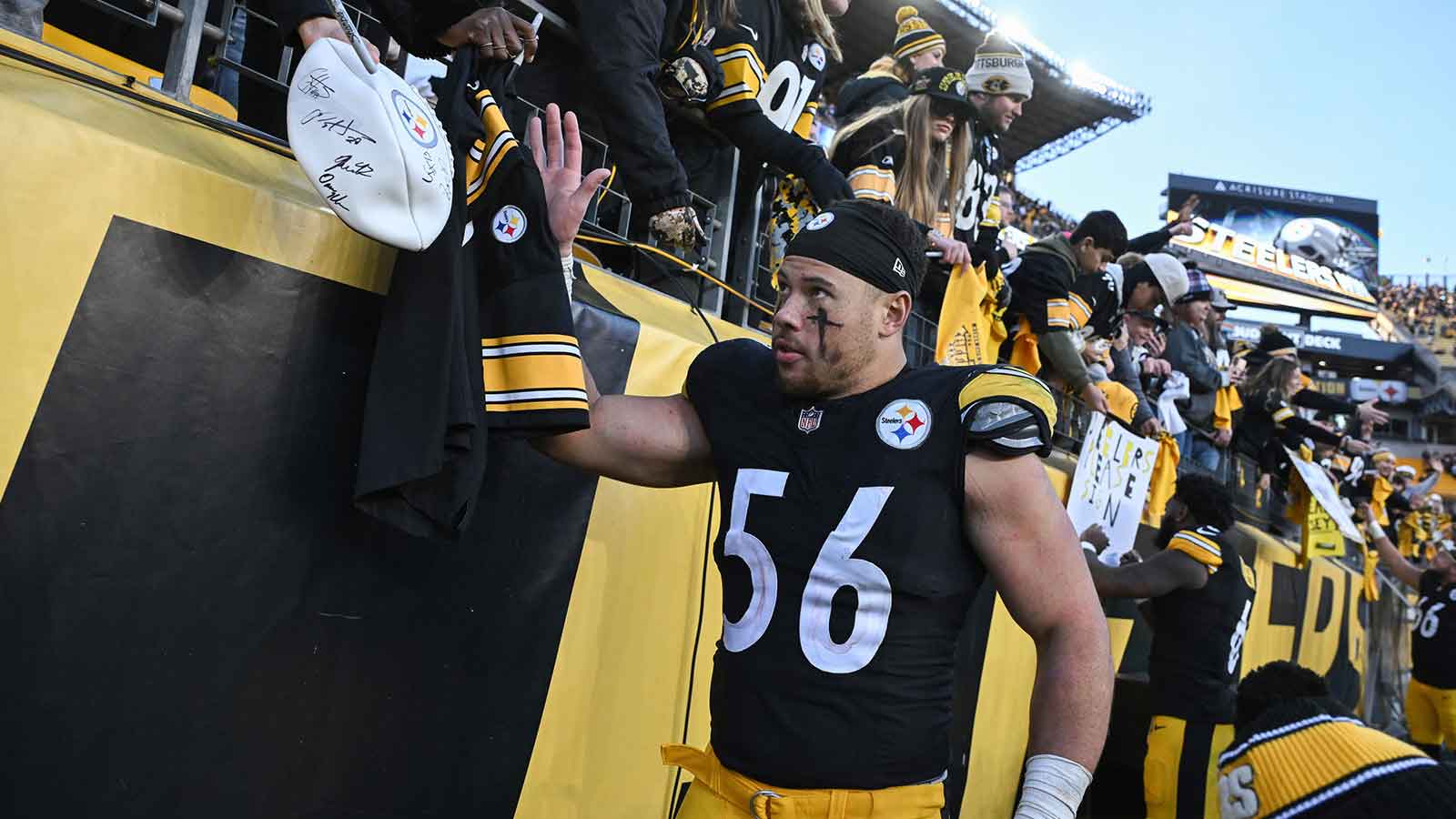The world recently lost another legend in Georgetown Hoyas' basketball head coach John Thompson. The Washington D.C. native had great influence in the African-American community and in the collegiate basketball scene as he was the pioneer responsible for building Georgetown University's basketball program from the ground up.
Pittsburgh Steelers head coach Mike Tomlin shared the influence that Thompson had in his upbringing:
“Just as a Virginia boy growing up in the eighties, I had the Georgetown starter jacket. I was a Hoya. I think it also was impressive, the impact he had in the lives of the young people that he worked with, two of which were from my home area. Alonzo Mourning is a couple of years older than me, and Allen Iverson is a couple of years behind me. So as a Virginia boy from that part of the state, I just had a bigtime appreciation, not only for his coaching prowess and reputation and record, but how he moved in the lives of the young people that he worked with. And then as I got older and got into the profession of coaching, particularly here in Pittsburgh, he was a mentor, if you will, a guy that had been there and done that. I just appreciated the times I had the chance to visit with him and glean some of his wisdom.”
Thompson had immeasurable contributions to the game of basketball that led it to become the sport that it is today. He became the first African-American head coach to win a major collegiate championship in basketball when he led the Hoyas to an NCAA Division I national championship in 1984.
John Thompson also coached many notable players, including Patrick Ewing, Alonzo Mourning, Dikembe Mutombo, and Allen Iverson. His head coaching stint in the collegiate ranks lasted for a span of 27 years and ended in 1999.
Mike Tomlin aims to utilize Thompson's influence as an inspiration to carve his own success in the coaching profession moving forward. He is looking to pay it forward and hoping that his accomplishments can also serve as an inspiration for future generations of African-American coaches.




